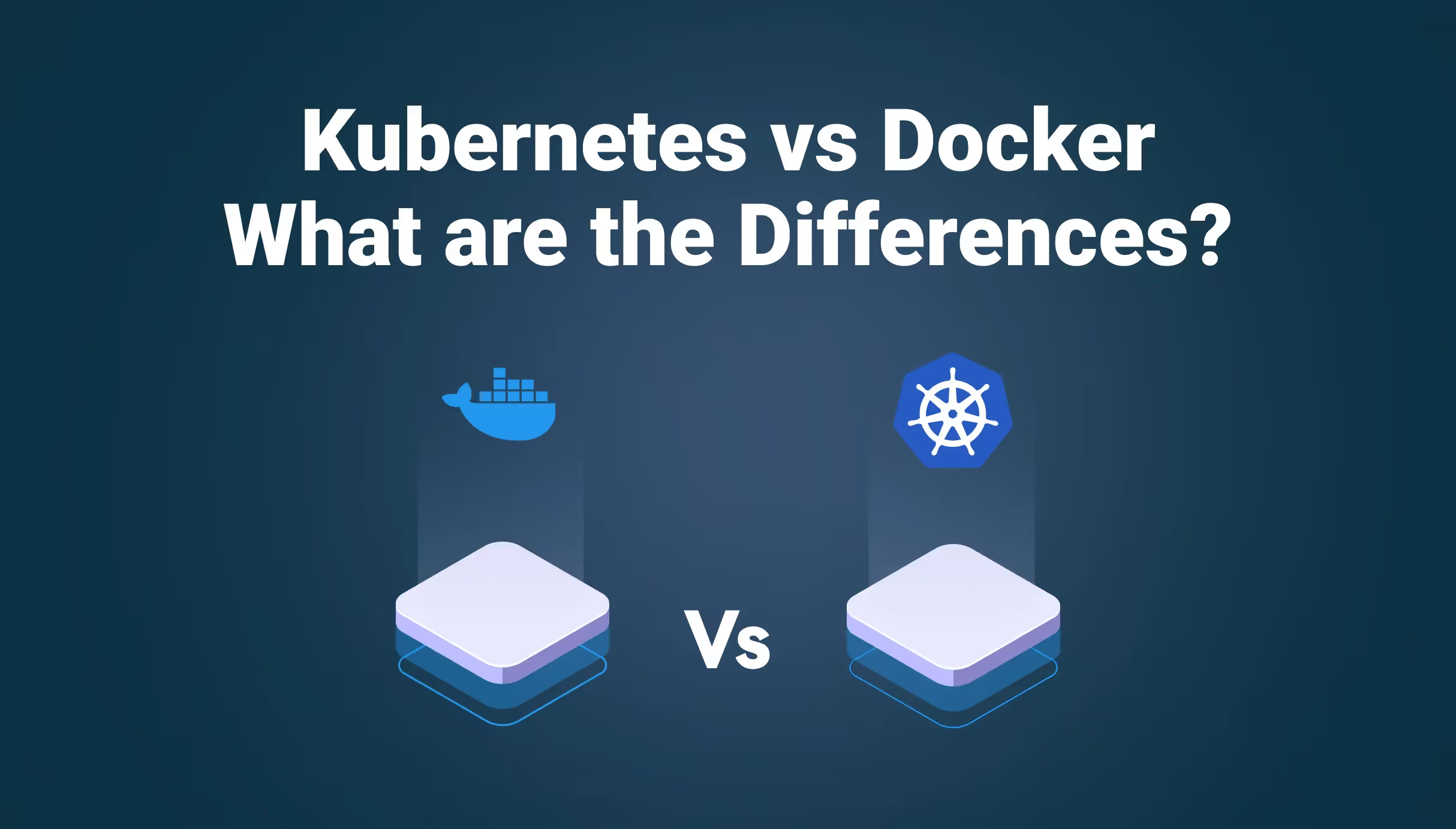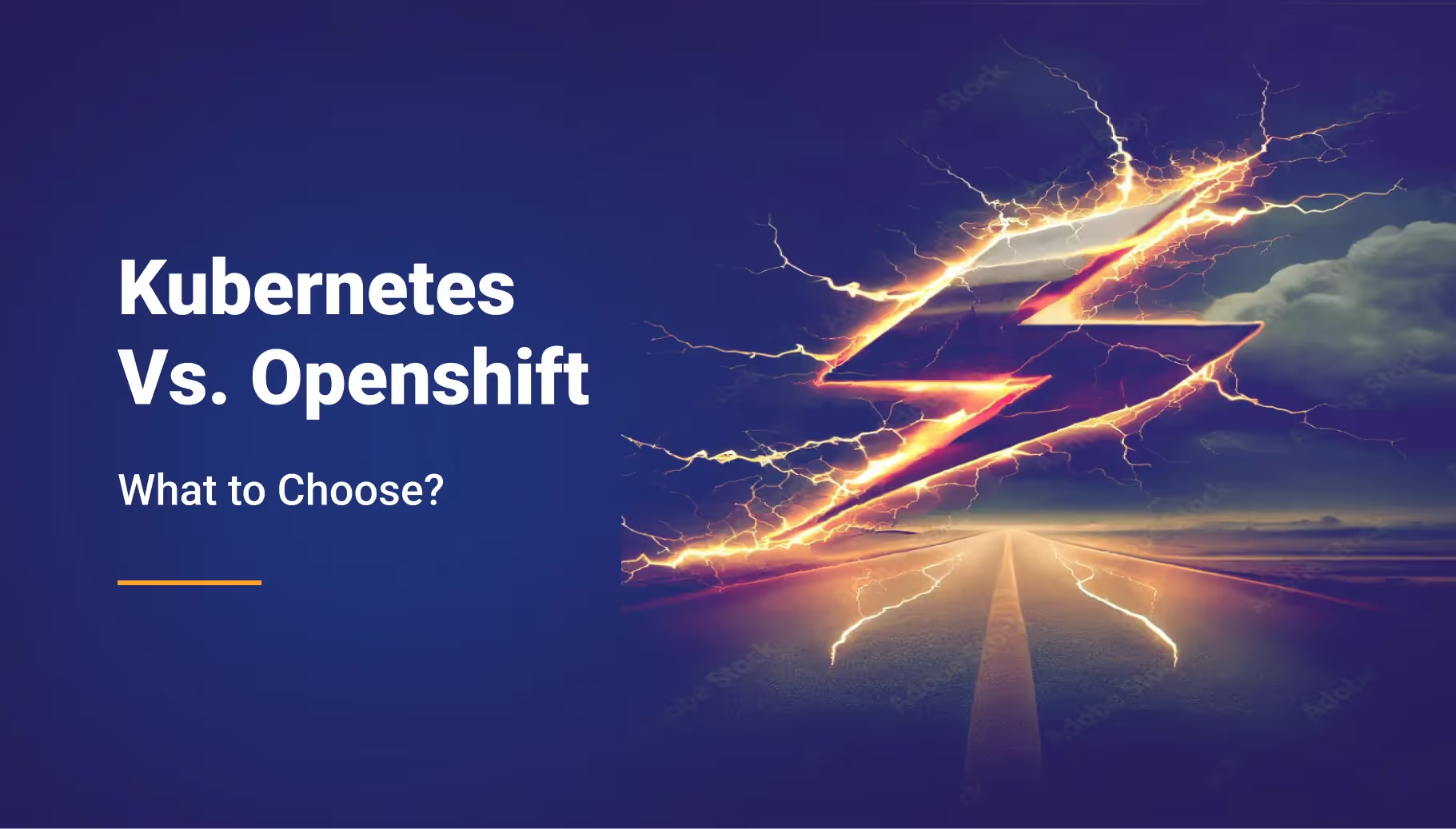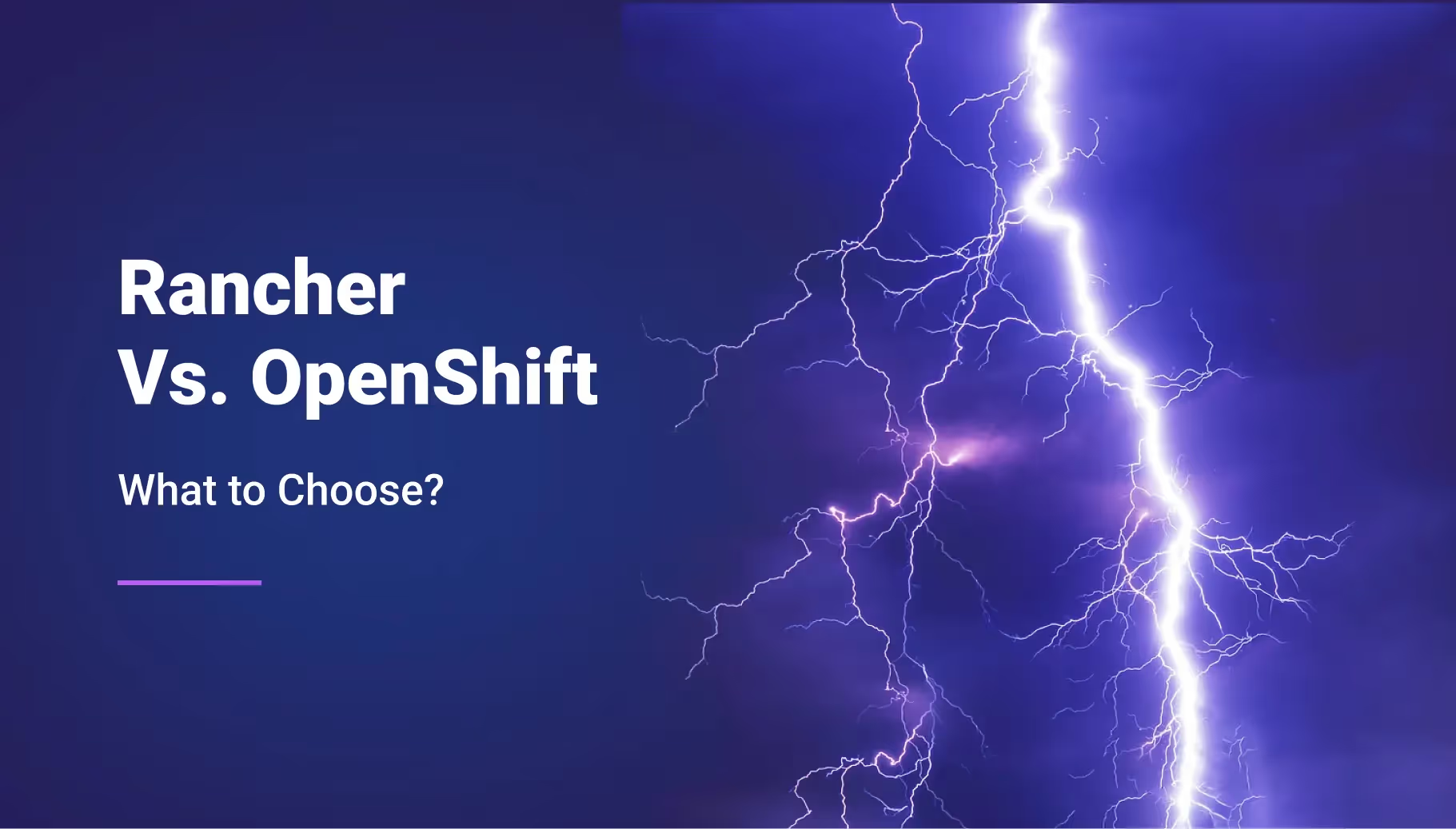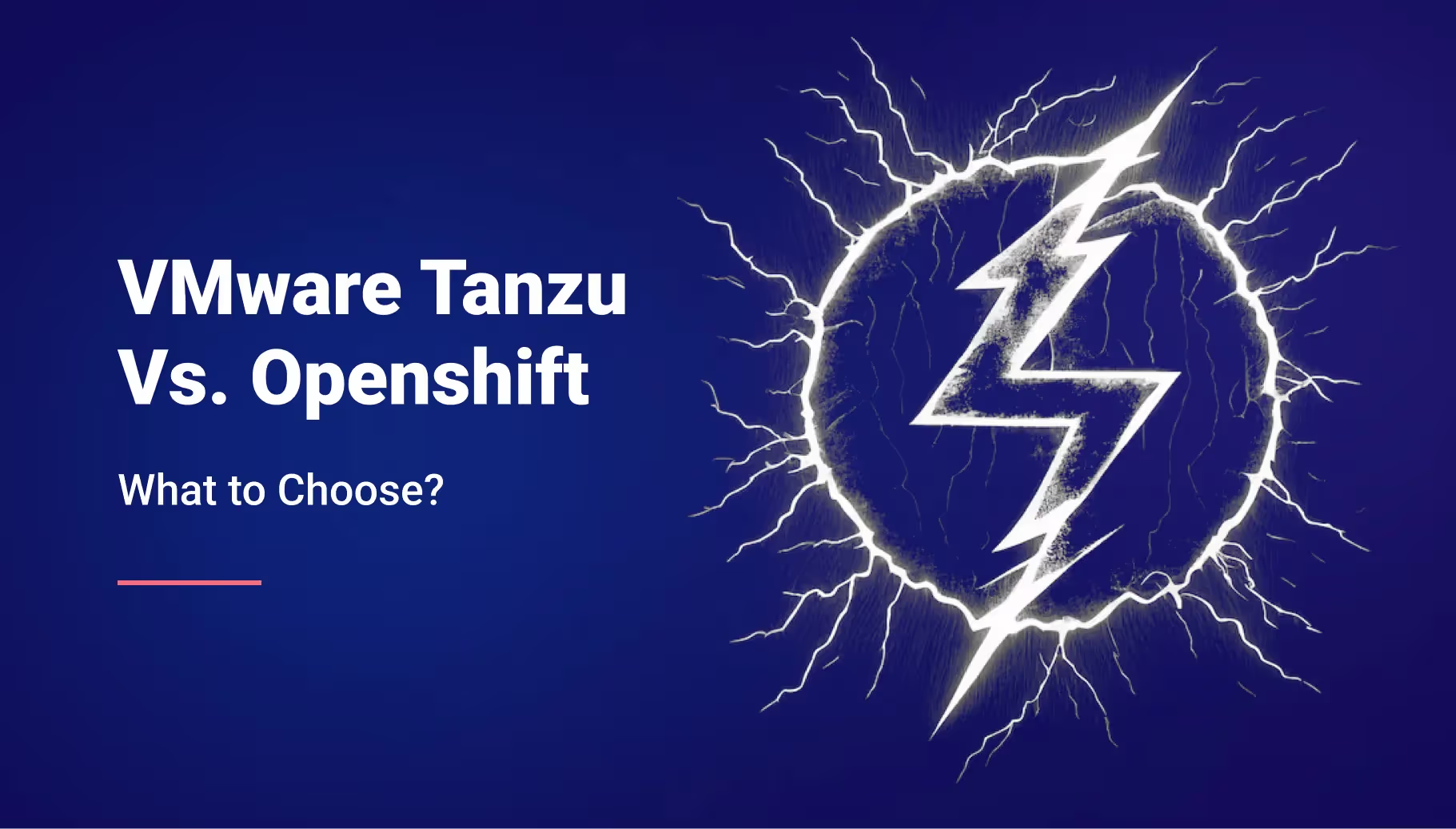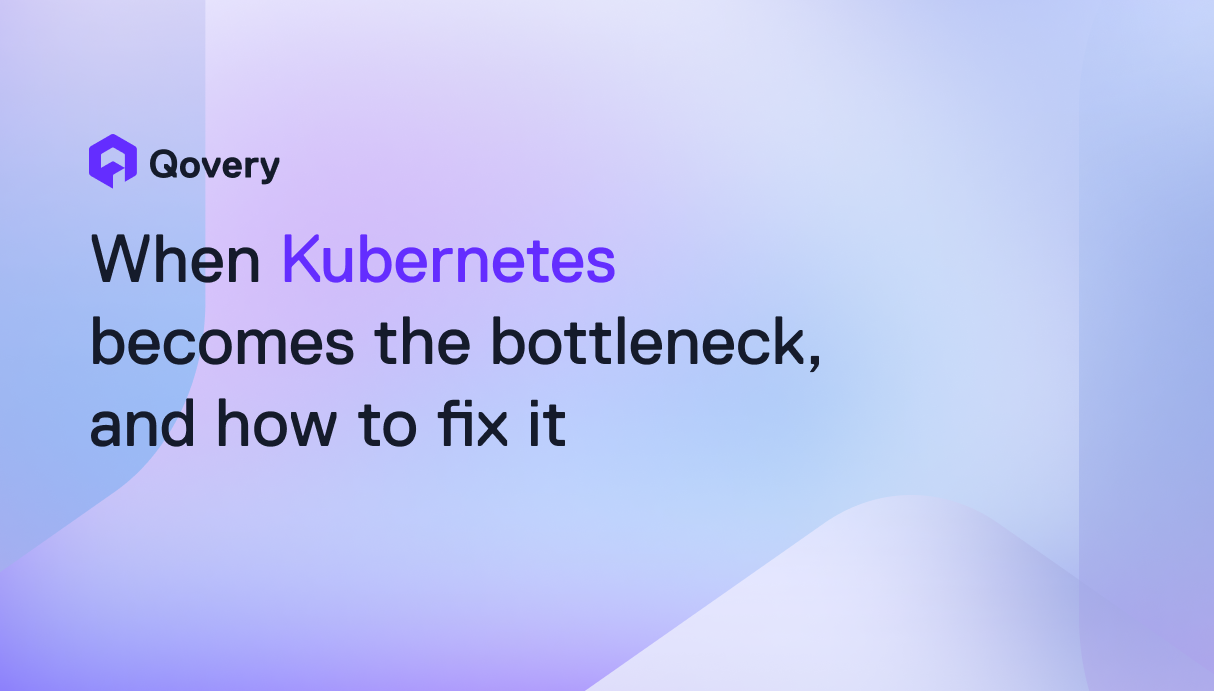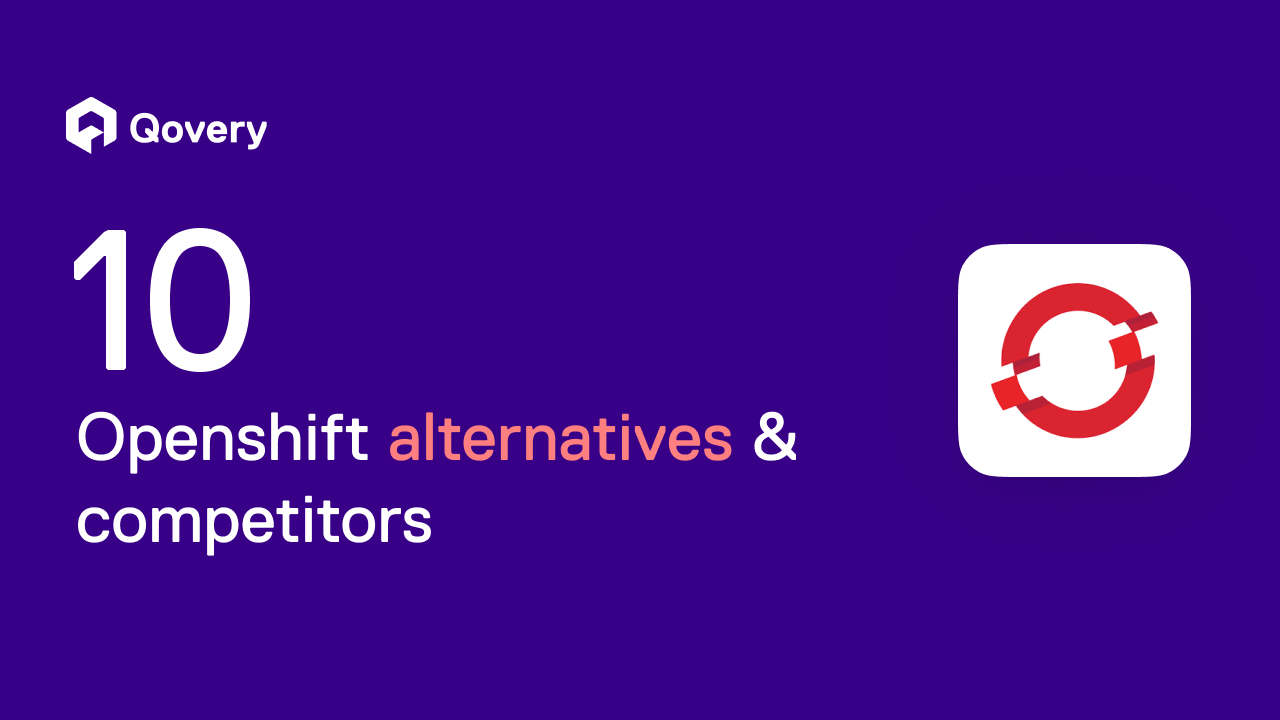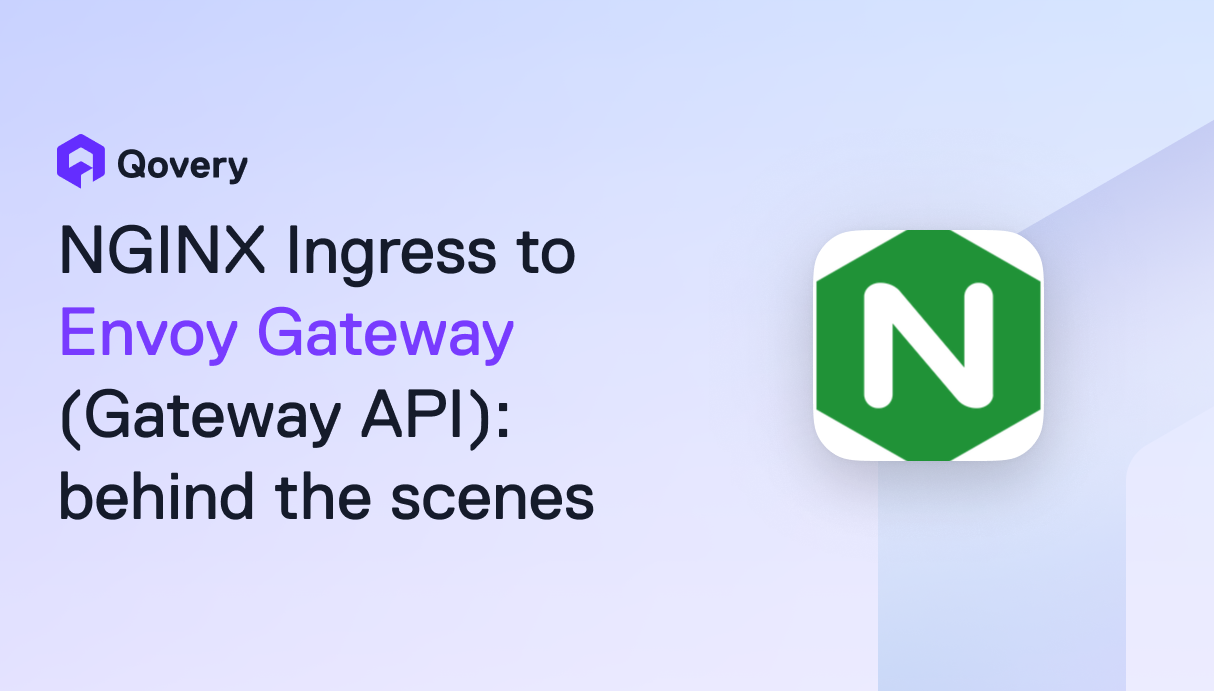

3 Reasons Why This Startup Migrated From Clever Cloud to Scaleway Kapsule



1. Hitting Technical Roadblocks
Let’s be honest: even the best platforms have their limits. With Clever Cloud, the company found themselves unable to deploy modern data tools like Airbyte. While Clever Cloud handles traditional web apps well, it’s tethered to a catalog of pre-integrated add-on services. If something crucial — like Airbyte — wasn’t in the catalog, they were out of luck. The only alternatives were to host these services separately or opt for a managed solution, neither of which worked due to the company’s need to keep everything on EU servers for regulatory reasons.
By moving to Scaleway Kapsule with Qovery, this company unlocked the power of Kubernetes, giving them the freedom to deploy self-hosted data tools without restrictions. Now, they can run Airbyte and other essential components right alongside their web apps, all within a compliant, EU-based infrastructure.
Discover how you can quickly deploy Airbyte with Qovery
2. The High Cost of Idle Resources
One big downside to many Platform-as-a-Service (PaaS) providers, including Clever Cloud, is how they price resources. Even with several apps that barely consumed 1GB of RAM and 1 vCPU combined, the company had to pay for resource blocks they didn’t fully use. That’s like buying an all-you-can-eat buffet ticket when all you really wanted was a light snack. The cost increased quickly, and they knew there had to be a better way.
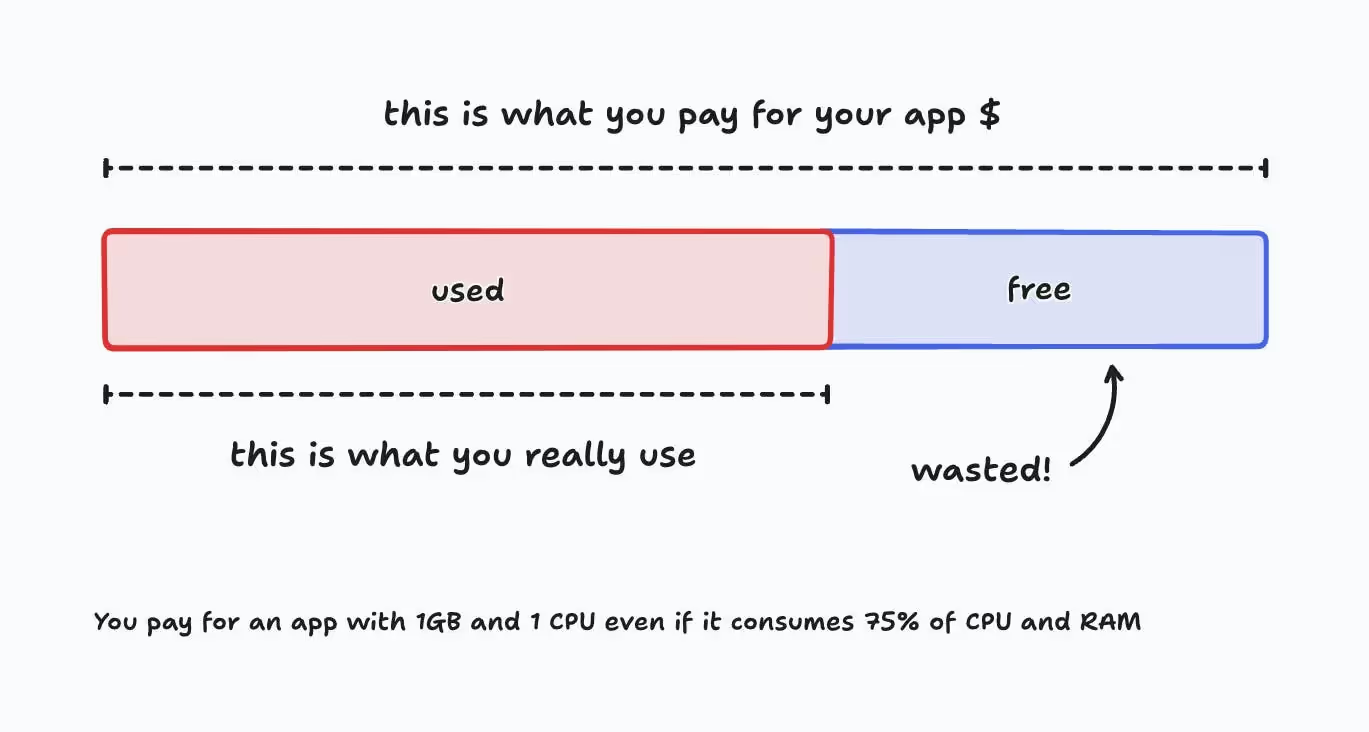
Enter Scaleway Kapsule and Qovery. With a Kubernetes-based setup, resources could finally be pooled across apps, ensuring no RAM or CPU wasted. Qovery's smart resource management meant they were billed only for what they used, a simple yet transformative change.
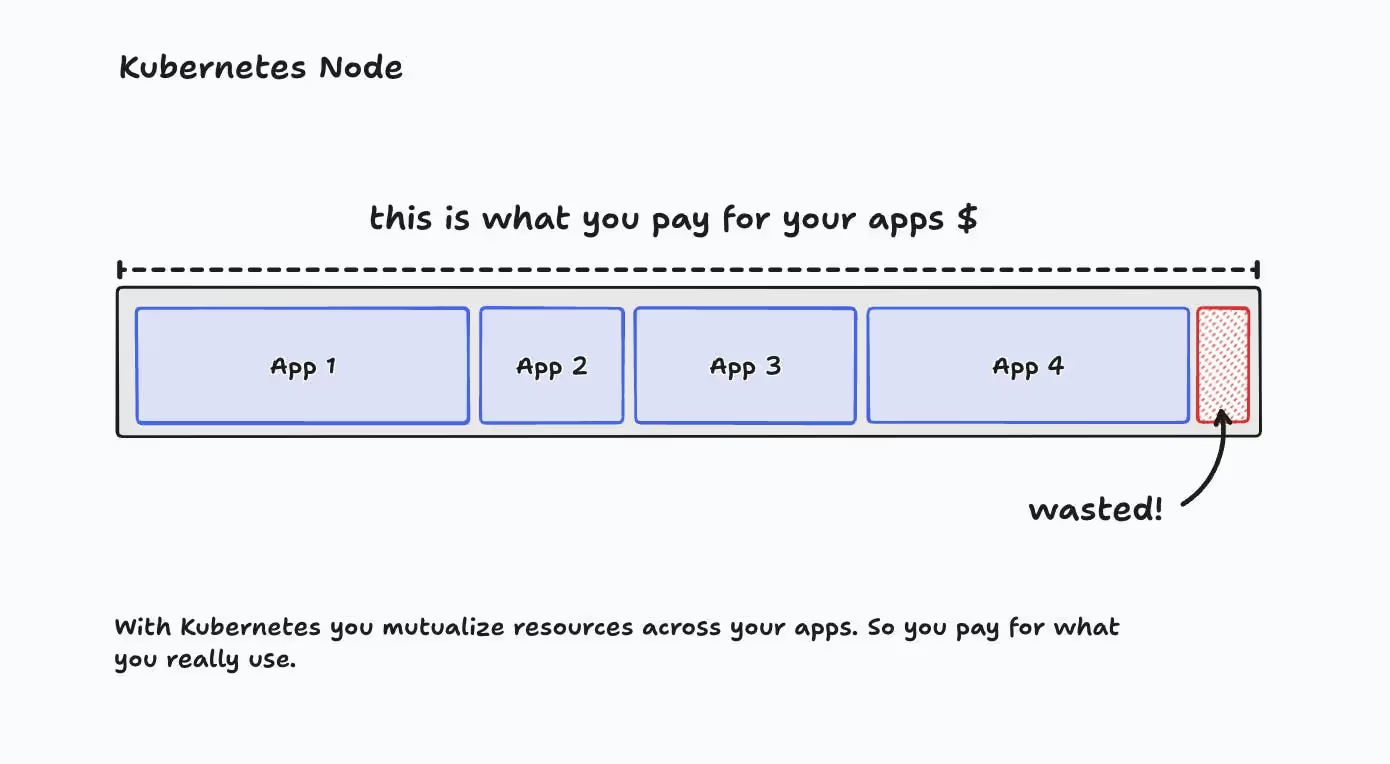
Kubernetes dynamically adjusts resources, so if an app doesn’t need extra power, it doesn’t get it—and they don’t get charged for it. Simple, efficient, and budget-friendly.
3. Better Testing Environments
Testing environments can be resource hogs, and on Clever Cloud, there was no built-in support for ephemeral environments. This company had to create and maintain three static testing environments running 24/7. The catch? They were only in use for about 5 hours a day. That’s a lot of waste, both in terms of money and resources.
Switching to Qovery allowed them to fully embrace ephemeral environments. Now, every pull request spins up its own environment, which automatically shuts down when it’s no longer needed. This means the infrastructure isn’t running over the weekend or during off-hours, saving a massive chunk of change. By using Kubernetes’ ability to free up resources, they reduced the cost of testing environments drastically. If they had been paying for round-the-clock environments that were only used 20% of the time, they’ve now slashed costs by up to 80%. It’s a win-win.
Painless Migration Process
Migrating to a new platform can be intimidating, but this company’s experience was surprisingly smooth. In fact, they were able to migrate their staging and testing environments in 3 hours, even though they had no prior experience with Qovery or Scaleway. This is thanks to Qovery’s automated setup, which creates and maintains the Scaleway Kapsule cluster, so minimal manual work is involved.
Check out Scaleway with Qovery documentation
Two weeks later, after testing the setup and feeling confident, they moved their production environment. This phase was crucial, and with the help of Qovery’s dedicated Customer Service team, the migration was handled seamlessly with minimal downtime. The team’s support ensured everything transitioned smoothly, allowing the company to keep operations running.
Wrapping It Up
Migrating from Clever Cloud to Scaleway Kapsule with Qovery brought huge benefits: modern deployment capabilities, significant cost savings, and smarter infrastructure management — all in a remarkably short time. For teams struggling with similar constraints, the message is clear: sometimes, a well-planned infrastructure migration is all it takes to unlock potential and efficiency.
If this journey sounds familiar or inspiring, maybe it’s time to reconsider your setup. You never know how much better things can get until you make the move.

Suggested articles
.webp)



.svg)
.svg)
.svg)
